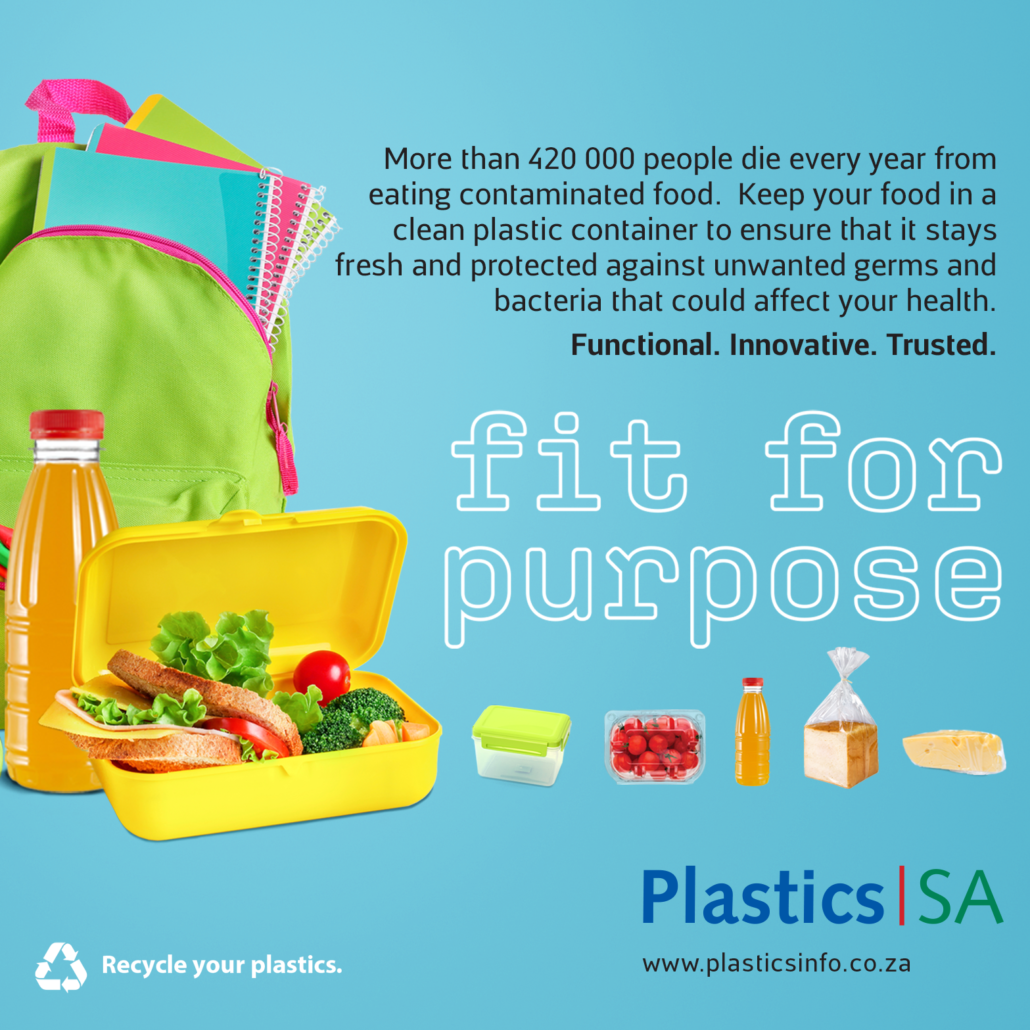Today is STOP FOOD WASTE DAY.
Plastics play a significant role in preserving food by acting as a barrier against oxygen, moisture, and microorganisms, thus extending shelf life and reducing food waste.
-
Barrier Properties:
Plastics are effective at blocking oxygen, moisture, and other external factors that can cause food spoilage.
-
Reduced Spoilage:
By preventing the growth of microorganisms and slowing down oxidation, plastic packaging helps to keep food fresher for longer.
-
Extended Shelf Life:
This translates to a longer shelf life for various food items, including fruits, vegetables, meats, and dairy products.
-
Reduced Food Waste:
By preventing spoilage and extending shelf life, plastic packaging contributes to reducing food waste, both at the consumer and retail levels.
-
Protection During Transport and Handling:
Plastic packaging also provides physical protection to food during transport and handling, preventing damage and ensuring that food arrives in good condition.
-
Versatility and Adaptability:
Plastic packaging is versatile and can be adapted to various food types and packaging needs, from flexible films to rigid containers.
-
Types of Plastics used in food packaging:
Low Density Polyethylene (LDPE); High Density Polyethylene (HDPE); Polypropylene (PP); Polystyrene (PS) and Polyester (PET)



